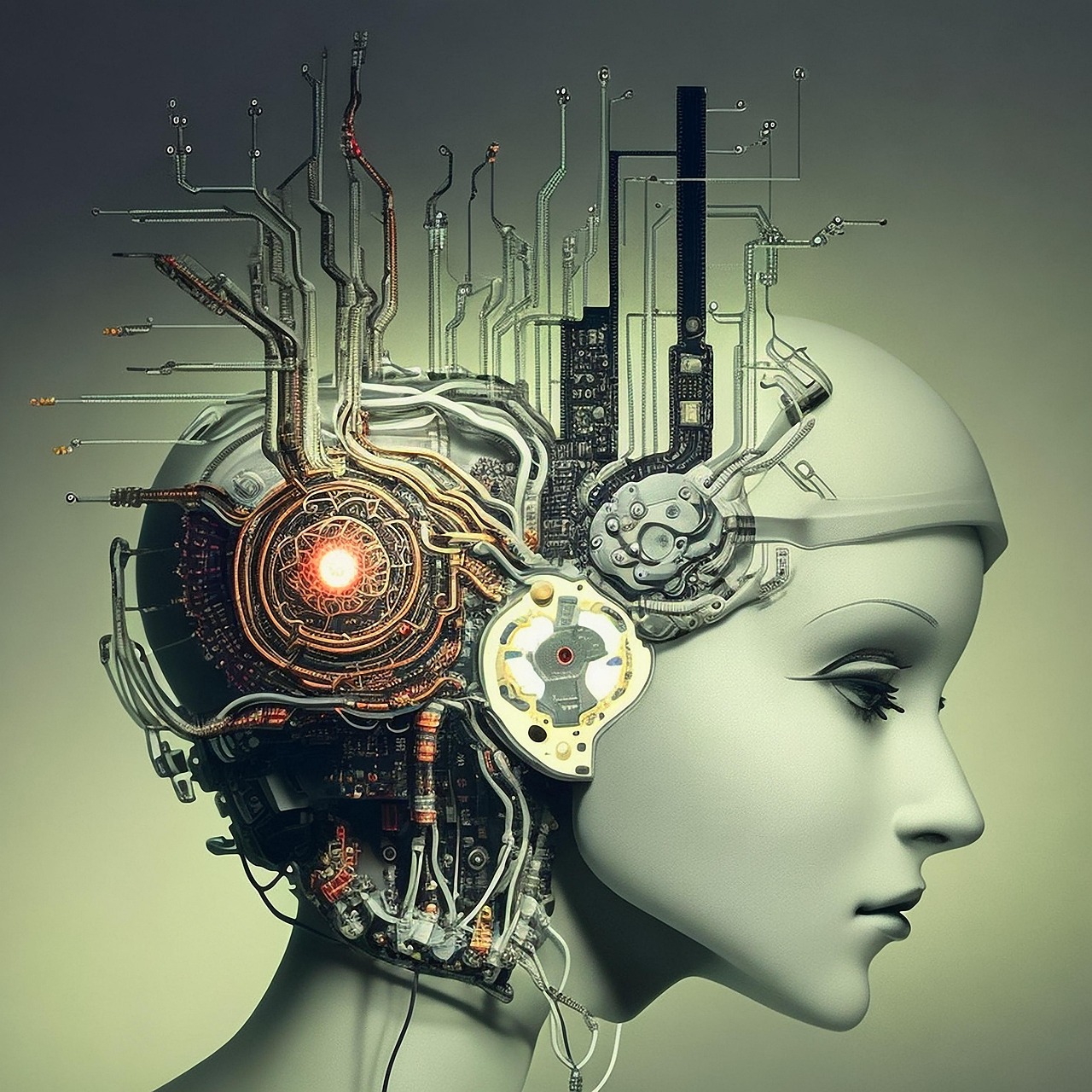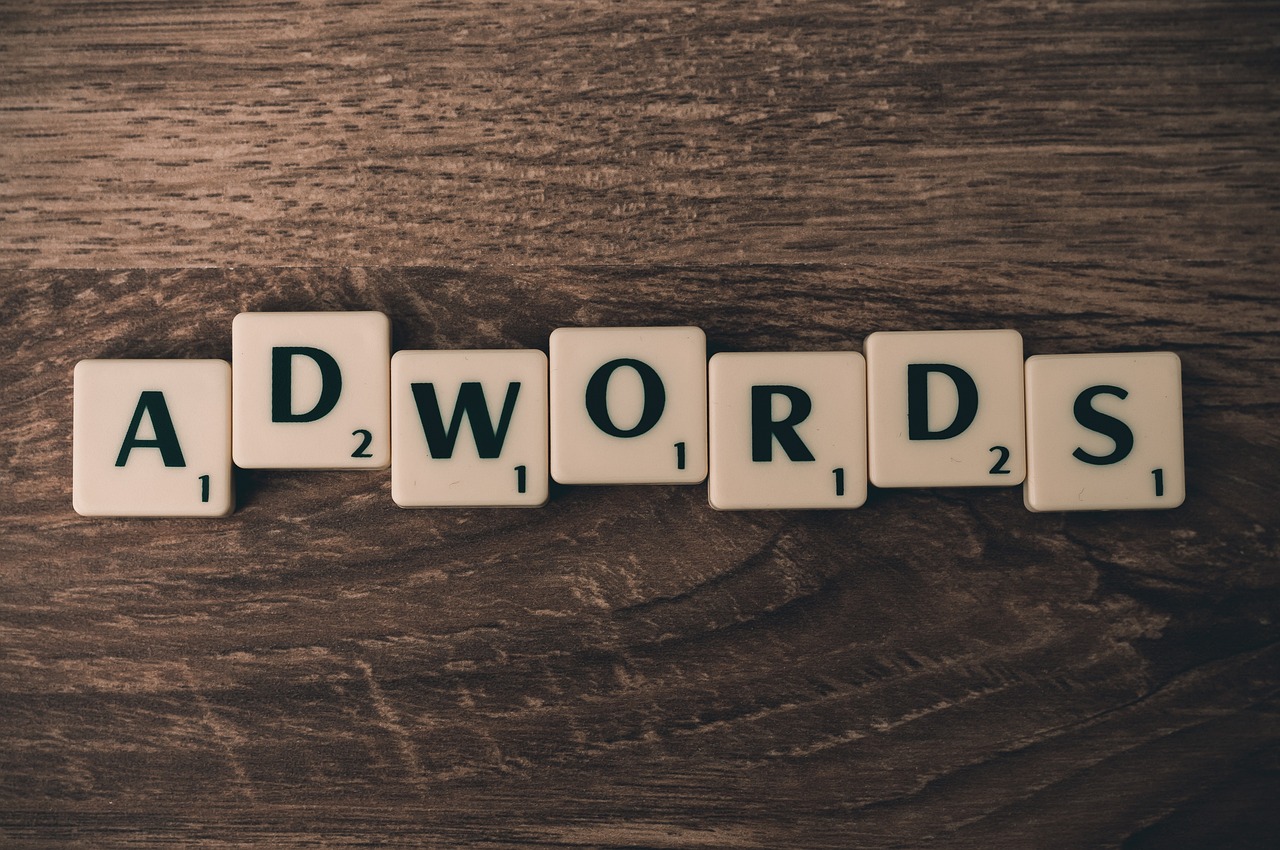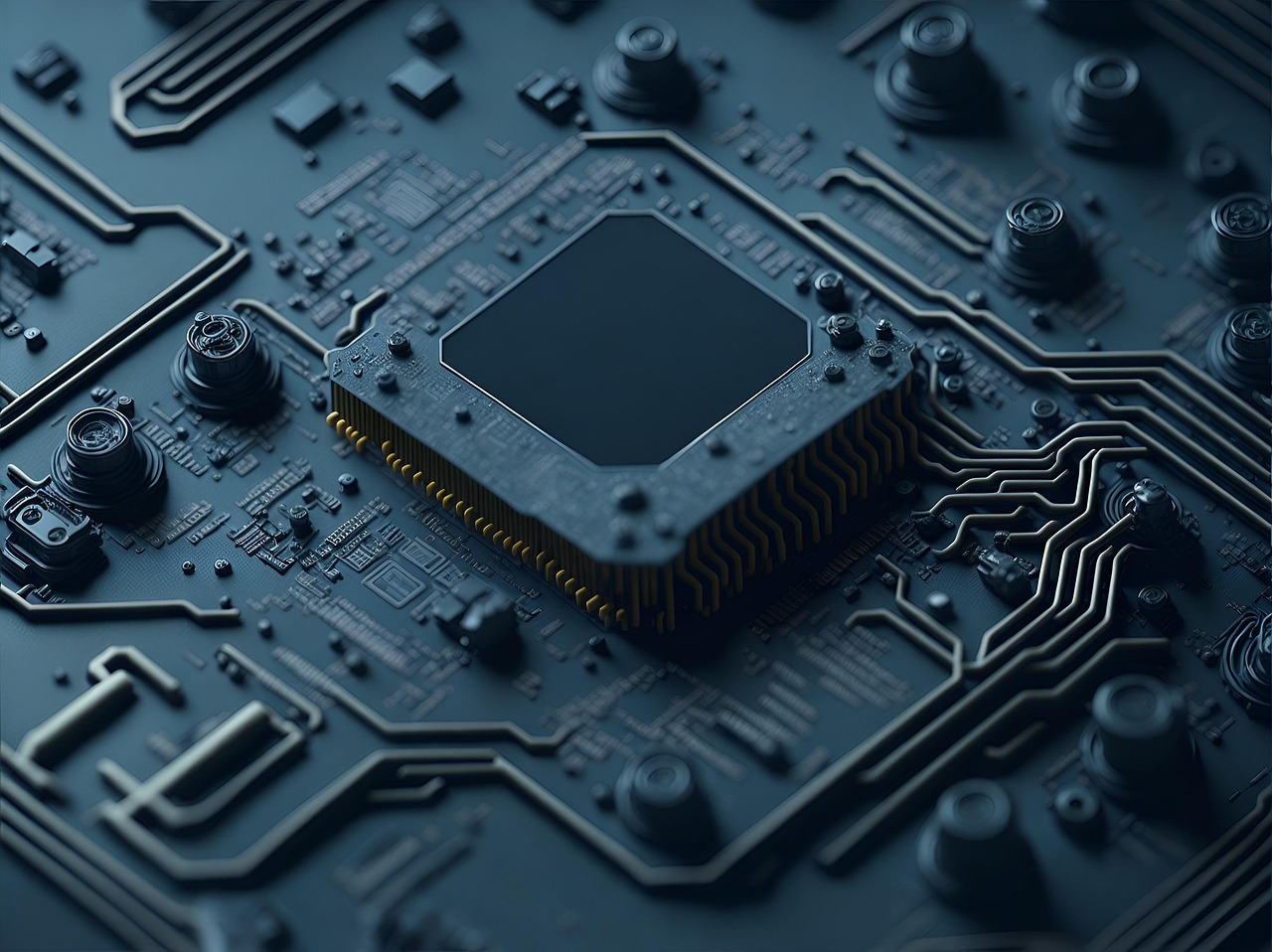How Generative AI Like ChatGPT is Reshaping Language and Communication

Brief news summary
The rise of generative AI tools like ChatGPT is transforming human language and communication across everyday and professional contexts. Research shows AI-generated texts tend to be more formal and verbose, blending mechanical structures with human-like style. This shift raises concerns over language homogenization, risking the loss of cultural diversity and unique personal voices. Writing assistants often promote clear, neutral prose, which may suppress individual and cultural expression. Moreover, a linguistic feedback loop—where AI learns from its own output—could push language further from authentic human traditions, causing stagnation. Conversely, some expect a movement emphasizing distinctive, artisanal writing to preserve individuality. While AI enhances accessibility to polished writing, it simultaneously challenges linguistic richness and heritage. Balancing AI’s advantages with the preservation of diverse, creative expression is crucial to keeping language vibrant and meaningful.The rise of generative AI tools like ChatGPT is beginning to subtly yet profoundly reshape human language and communication. No longer limited to niche uses, these technologies have permeated everyday writing—from casual emails to marketing materials—significantly influencing how people express themselves in writing. A recent study by Jeremy Nguyen reveals that exposure to AI-generated text leads individuals to adopt a more verbose and formal style, indicating that AI tools influence linguistic choices by blending machine-generated patterns with human creativity rather than merely assisting writers. Linguistics and AI experts have voiced concerns about the cultural consequences of this trend. Emily M. Bender warns AI might homogenize language, diminishing the rich diversity across communities and cultures, while cognitive scientist Simon Kirby fears that widespread AI-generated text could dilute unique cultural expressions within languages. They stress that AI-induced uniformity risks flattening a linguistic landscape traditionally thriving on variation, nuance, and innovation. The integration of generative AI into common writing software intensifies this effect. Writing assistants in email clients, word processors, and social media platforms often suggest phrasing optimized for clarity and politeness but may lack the vibrancy and individuality of human writing. This gradual standardization favors neutral, safe prose, potentially eroding the distinct creative flair of personal and cultural voices. A major concern is the emergence of a linguistic feedback loop, where AI systems, heavily trained on their own outputs, might steer language evolution away from authentic human usage.
Typically, language evolves through human interaction reflecting social, technological, and cultural shifts. However, if AI-generated content becomes a primary training source, language could become self-referential, risking stagnation or divergence from genuine human expression. This raises critical questions about the future direction of language and humans’ control over its evolution. Despite these challenges, some experts anticipate a countermovement valuing personal, idiosyncratic writing styles, akin to the increasing demand for artisanal goods as a response to mass production. As AI content becomes ubiquitous, people may seek writing that embodies individuality, emotion, and unique perspectives—qualities machines have yet to replicate effectively. This renewed appreciation for human-authored prose could spark a renaissance of creativity and diversity in communication, emphasizing the human touch. In sum, while generative AI tools like ChatGPT democratize efficient and polished writing, they also pose complex challenges to linguistic richness and diversity. Their ease of use may unintentionally contribute to flattening linguistic variation, potentially altering cultural expression, identity sharing, and heritage preservation over time. As AI becomes more embedded in daily life, balancing its benefits with efforts to maintain linguistic diversity and cultural distinctiveness is crucial. Promoting varied styles, raising awareness of AI’s linguistic influence, and supporting human creativity are vital strategies to ensure language remains a vibrant, dynamic channel for human connection.
Watch video about
How Generative AI Like ChatGPT is Reshaping Language and Communication
Try our premium solution and start getting clients — at no cost to you















